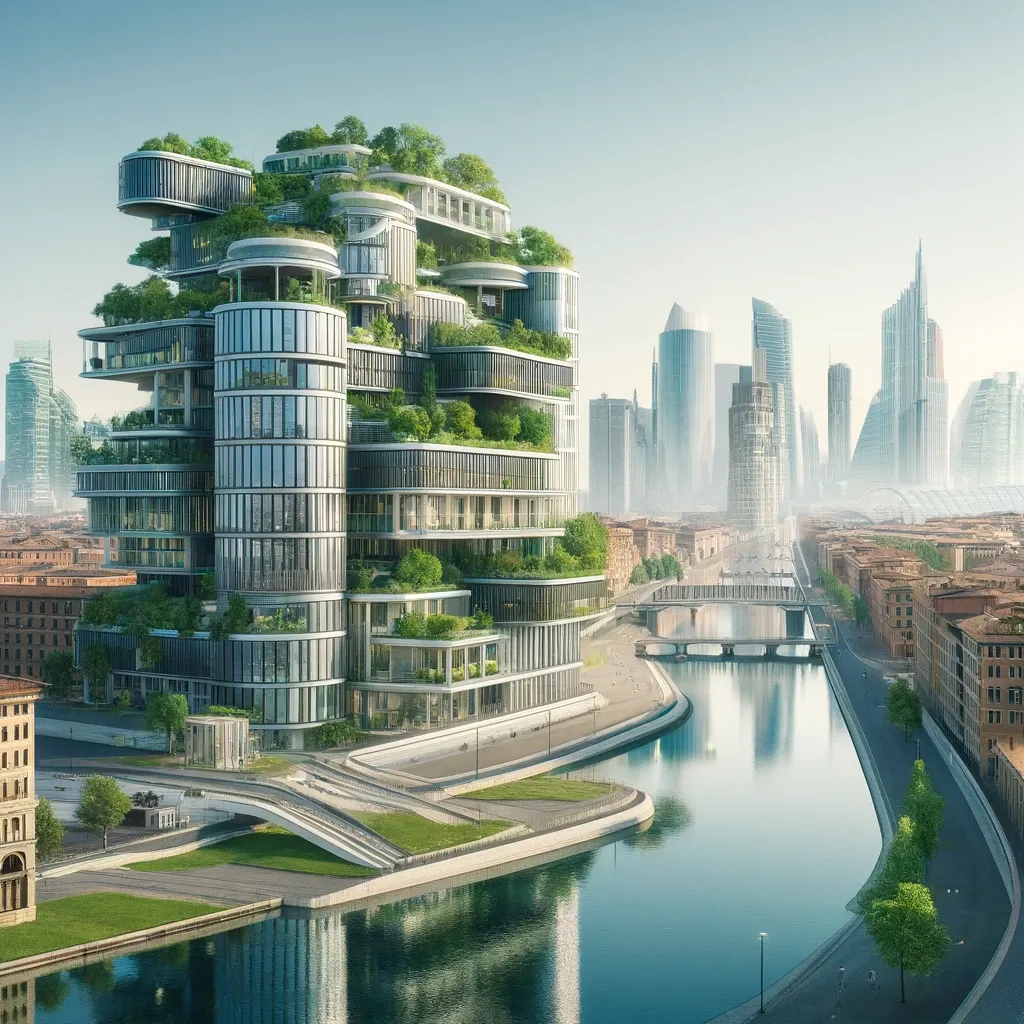The future of the Italian real estate market: The impact of the "green" housing directive.

The "Case Green" directive was recently finalized by the European Parliament, establishing new standards for the construction of residential buildings. According to this directive, starting in 2030, new buildings must be energy neutral, which poses a significant challenge for the Italian real estate market.
The adoption of this directive represents a key opportunity to reduce the environmental impact of buildings and promote sustainability in the construction sector. However, the transition to more eco-friendly buildings may have implications for the Italian real estate market, particularly regarding the potential decrease in the value of existing properties.
Currently, about half of the residential buildings in Italy are classified as "F" and "G," which are considered the most polluting. These buildings may face a decline in their market value due to the need to comply with new energy efficiency standards. Additionally, the directive sets strict deadlines for the renovation of existing buildings, requiring the renovation of 60% of residential homes in Europe by 2050.
To overcome this challenge, EU members need to develop a National Reconstruction Plan by 2026, which includes a detailed strategy for achieving the set goals.
14 May 2025
5 May 2025
14 May 2025
According to real estate research, the transition to greener buildings may require additional costs for property owners initially, but yield significant economic and environmental benefits in the long run. Demand for certified green buildings may increase, rewarding those who invest in sustainability.
Moreover, the directive could stimulate innovation in the construction sector by encouraging the development and implementation of more energy-efficient technologies and materials. This could create opportunities for Italian companies operating in the fields of construction and energy efficiency.
Thus, despite potential challenges and uncertainties, the "Case Green" directive represents an opportunity to promote sustainability and innovation in the real estate sector. The success of this transition depends on the efforts of authorities, companies, and citizens in achieving energy efficiency and reducing carbon emissions.
Comment
Popular Offers


Subscribe to the newsletter from Hatamatata.com!
Subscribe to the newsletter from Hatamatata.com!
I agree to the processing of personal data and confidentiality rules of Hatamatata













